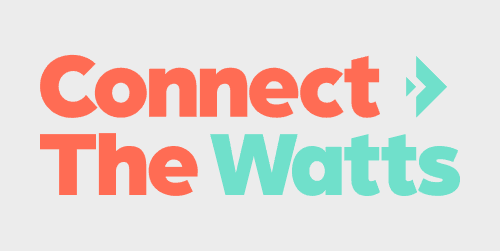
Peloton’s instructors have skyrocketed to celebrity status on social media over the last year as the long shutdown of gyms has led to moving to Peloton for at-home workouts. The Hollywood Reporter has a detailed look at how Peloton produces its classes and turns its instructors into social media celebrities.
In the spring of 2018 — in the days before Peloton was ubiquitous — the company set out to make a TV ad cool enough to wipe away the perception that its internet-connected bike was a suburban mom thing.
CEO and now-billionaire John Foley — a former president of ecommerce at Barnes & Noble — wanted to shoot for the moon, suggesting licensing tracks from bands he loved, including The Rolling Stones. Why not? The music budget was triple what it usually would be, according to a former employee.
Compared to brands like iFit, Peloton’s use of music helps it to stand out. Today, Peloton frequently builds entire classes around music as well as selling music-themed merchandise.
That year, 2018, also marked a metamorphosis in the company’s brand, from being known for its bikes to being known for its content. That summer was when Peloton first released its digital app, allowing people who didn’t (yet) want to pony up for pricey Peloton bikes (and treadmills) to tap into the cult of instructors like Robin Arzón (who now has 770,000 followers on Instagram) and Cody Rigsby (730,000 followers). It was also when Peloton announced it had closed a $550 million round of fundraising to build “a media company akin to Netflix,” as Foley put it at the time.
Even though 2020 was the year that took Peloton to new heights in terms of stock price and popularity, the ground work was laid two years earlier with the Peloton digital app.
Also during the pandemic, People magazine began covering instructors such as Rigsby and Arzón like celebrities (which they sort of are — some of Arzón’s rides can attract 20,000-plus riders, or roughly the capacity of Madison Square Garden). And talent agencies signed up instructors, including Emma Lovewell (UTA), Tunde Oyeneyin (ICM), and Rigsby and Ben Alldis (A3).
Social media has undoubtedly helped Peloton as its instructors have become as popular as the brand in some ways. Peloton has allowed its instructors to sign influencer deals to continue to monetize their popularity, which in turn helps Peloton.
Peloton now produces as many as 19 new classes a day, offered in four countries (the U.K., Germany, U.S. and Canada). And in contrast to the freewheeling commentary of some of the instructors — Rigsby, known for his no-holds-barred form, wrote in an email to THR about the “nervous pee” he does before class — Peloton’s classes can be more scripted than users might think.
They are tightly produced by a team that collectively, according to the company, has won more than 19 Emmys. When Arzón announced her pregnancy during a ride in September, producers needed to know that she planned to do it in minute 25, so they could get the best shot.
Classes are supposed to be written 36 hours beforehand. Depending on the instructor and the type of class, this sometimes means bullet points and other times a full script. For example, its Artists Series classes — which have featured The Beatles, Lizzo and Prince — tend to be more heavily scripted because they’re meant to celebrate the singer or band, Rigsby says.
The idea of scripting a fitness class might sound odd, and it did to me at first, but the more I thought about it, the more it made sense. Peloton is building a vast library of classes, so it makes sense that they wouldn’t be haphazardly put together. The style, music, and callouts will live on for years, so having a tightly controlled script makes sense.
The rest of the article is worth reading, including the section about signing talent to multi-year deals and tracing leaks. You can read the entire article here.
FTC: We use income earning auto affiliate links. More.

